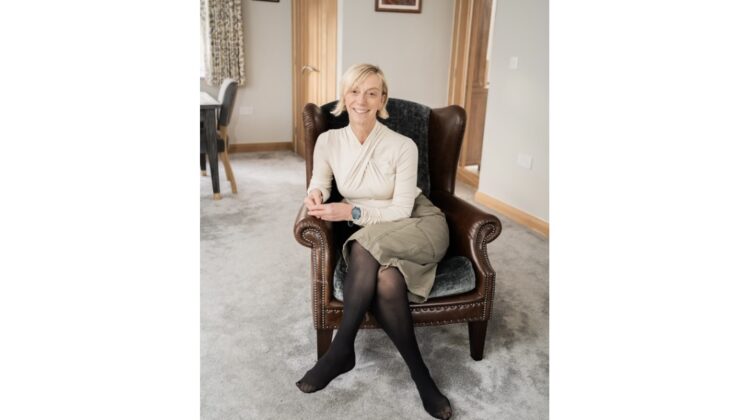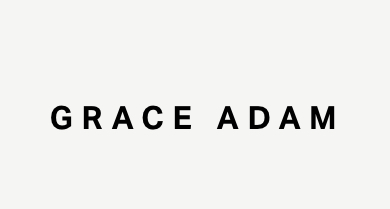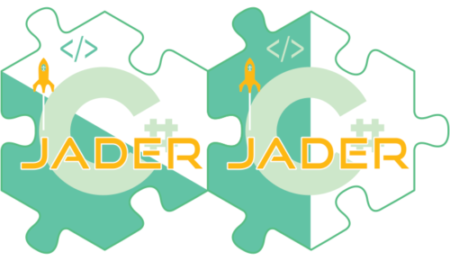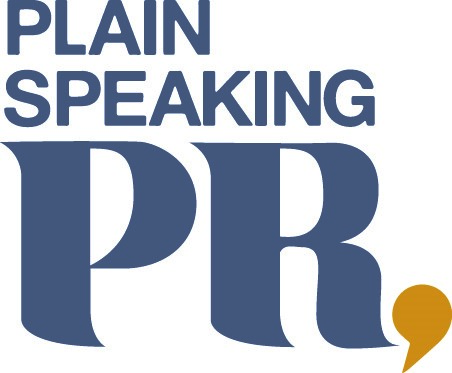
For this month’s column, Integrative Counsellor Sam Grainger continues the series on life transitions and this time it’s all about navigating a relationship breakdown
In my previous column we looked at the complexities of life transitions and the different types of transition, and how managing them can be different depending on the stage of the transition. It’s now time to look more closely at one of those transitions. I am pretty sure that at some time in everyone’s life they have experienced a relationship breakdown/divorce. This is a complex breakdown and, in some cases, especially if children are involved takes a lot of navigation. This is often in the presence of heightened emotion and intense feelings.
I remember times when I’ve had my own relationship endings. I remember feeling lost, alone, unsettled and it can feel difficult to navigate the path forward. If you are the one who has been left behind, you question and blame yourself.
What did I do wrong? I thought everything was fine. I didn’t see this coming. How am I going to manage?
The questions also come with a dip in confidence and self-worth which can heighten anxiety and fear. This leads to the spiralling of that negative thought pattern:
I must be unlovable; I will always be alone; it is my fault; how could they do this to me?
If this also comes with the knowledge that the person leaving has cheated on you, this only adds to your angst.
The pain can feel intolerable, and you feel like you want to run away and hide, and this can also come with a feeling of failure – that everyone is looking at you and gossiping.
The painful emotions are a natural process, and it is important that you connect with these emotions, rather than run away from them. No one enjoys negative emotions and the way it makes you feel, but if you do not process these emotions it may lead to unhealthy ways of managing them to escape.
Rather than sinking into the cycle of negativity:
- Connect with friends for support.
- Write down your feelings.
- Allow yourself time – there is often a feeling that you are not allowed to feel sad, its self-indulgent (IT IS NOT). This is part of the healing process.
- Watch your favourite movie, listen to music and distract yourself.
- Take time for self-care it’s very easy to lie on the sofa, over/under eat, sleep too little or too much.
- Exercise and get out into the fresh air.
- Get adequate sleep.
- Eat well.
- Try to maintain your routine – go to work, meet friends etc.
- Avoid using social media as your stage or to obsessively check what the other person is doing.
- Try to establish boundaries and a good routine whilst you sort out the logistics.
You alone are not responsible for the breakdown of your relationship. Take time to step back from the relationship and view it with objectivity. This can be tough but there are two people in a relationship. It’s good to reflect on your role in the breakup even if you are not the instigator of the separation. This does not mean blaming yourself or beating yourself up – it means reflecting so you can move forward. This may help with future healthy relationships.
- Identify the root cause of what happened. This is much more constructive than throwing around blame or judging yourself harshly.
- Look at the good points that came from the relationship.
- What have you learned from this relationship?
Reflection and self-responsibility are key to personal growth allowing you to move forward in a more constructive way. Do not punish the other person – this achieves nothing. You may still need to communicate if you own a house, have children and good communication and boundaries are really important.
A breakup is stressful, and you may need time to talk this through with somebody who remains objective. A counsellor can help you work through a relationship breakdown at your own pace. They will help you to:
- Identify coping strategies.
- Work through negative emotions and ways to manage these emotions.
- Look for unhelpful thought patterns and reframe.
- Build your self-confidence and self-worth.
The most important point is GIVE YOURSELF TIME AND SPACE TO HEAL.
“There comes a day when you realise turning the page is the best feeling in the world because you realise there is so much more to the book than the page you were stuck on”.
Unknown
Visit Sam Grainger Counselling on freethemind.info. Sam Grainger is based in Norfolk
Featured image by Amanda Warmen photography









Leave a Reply